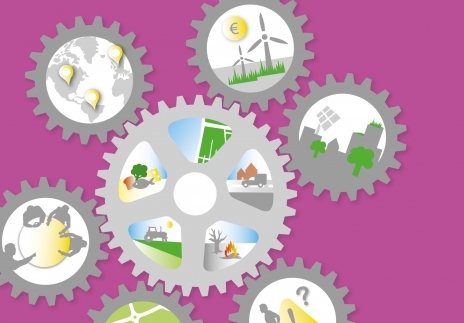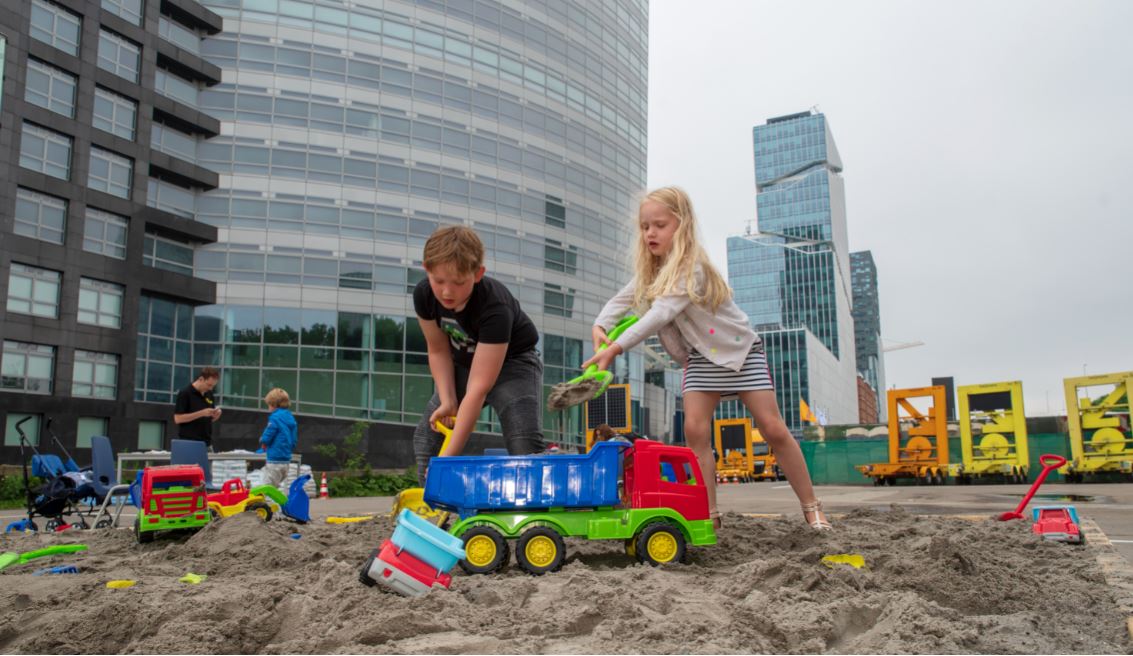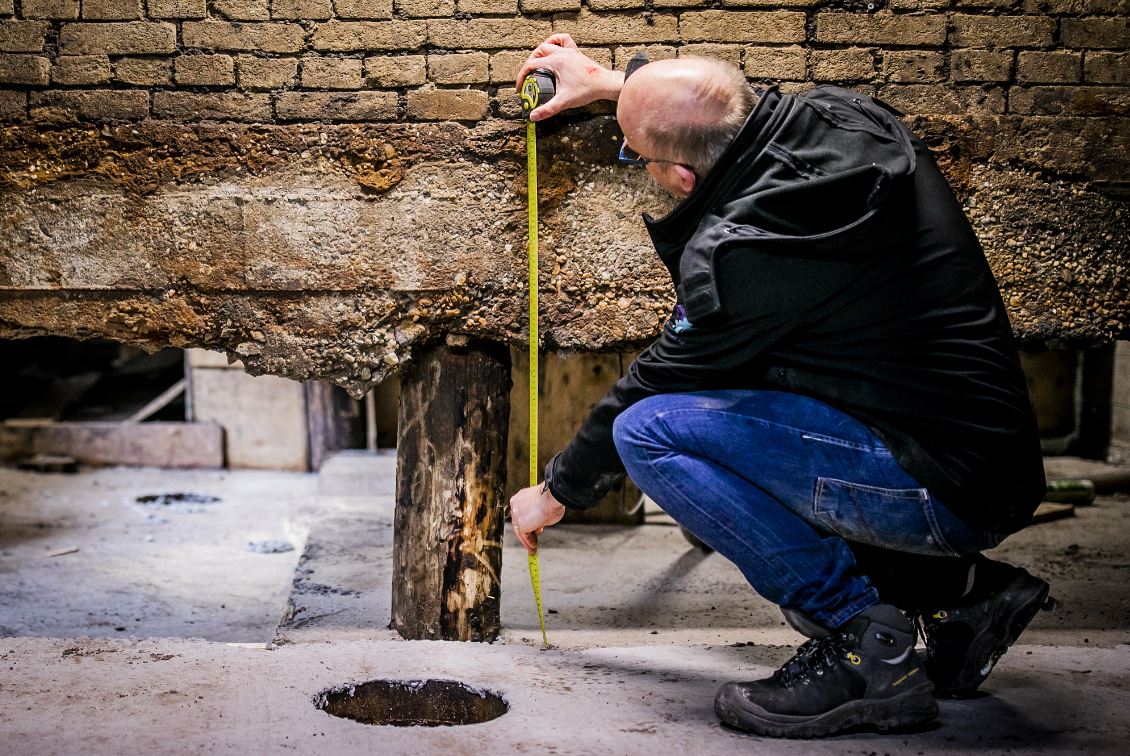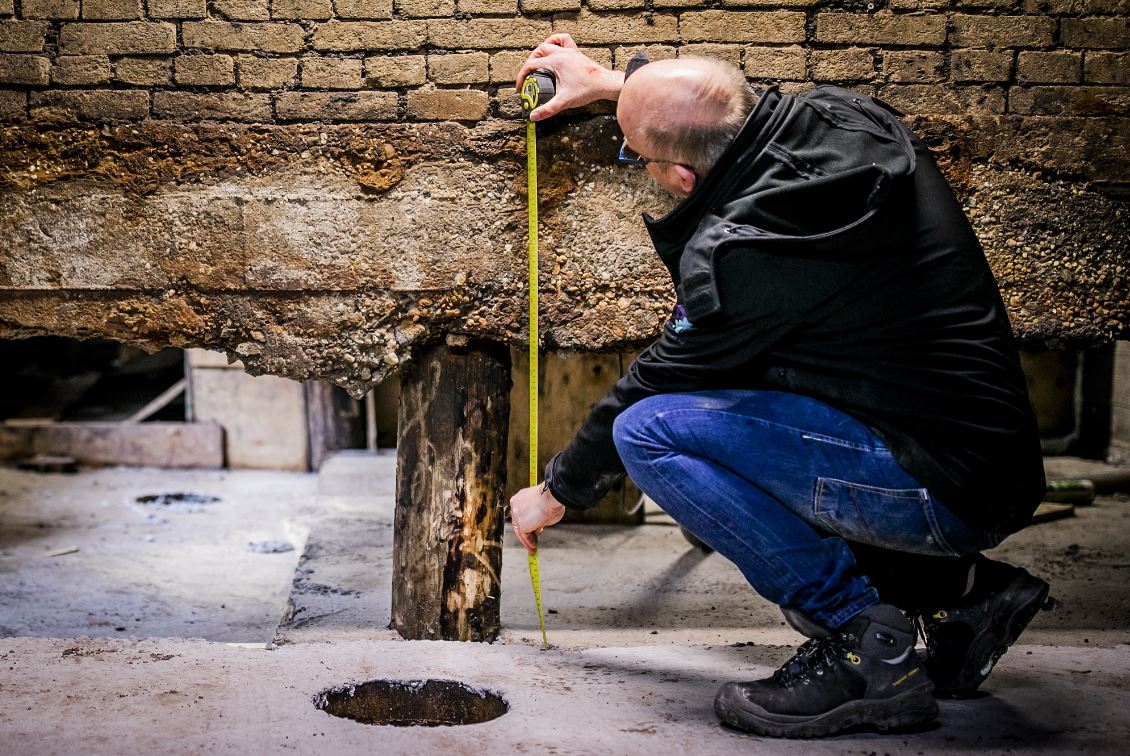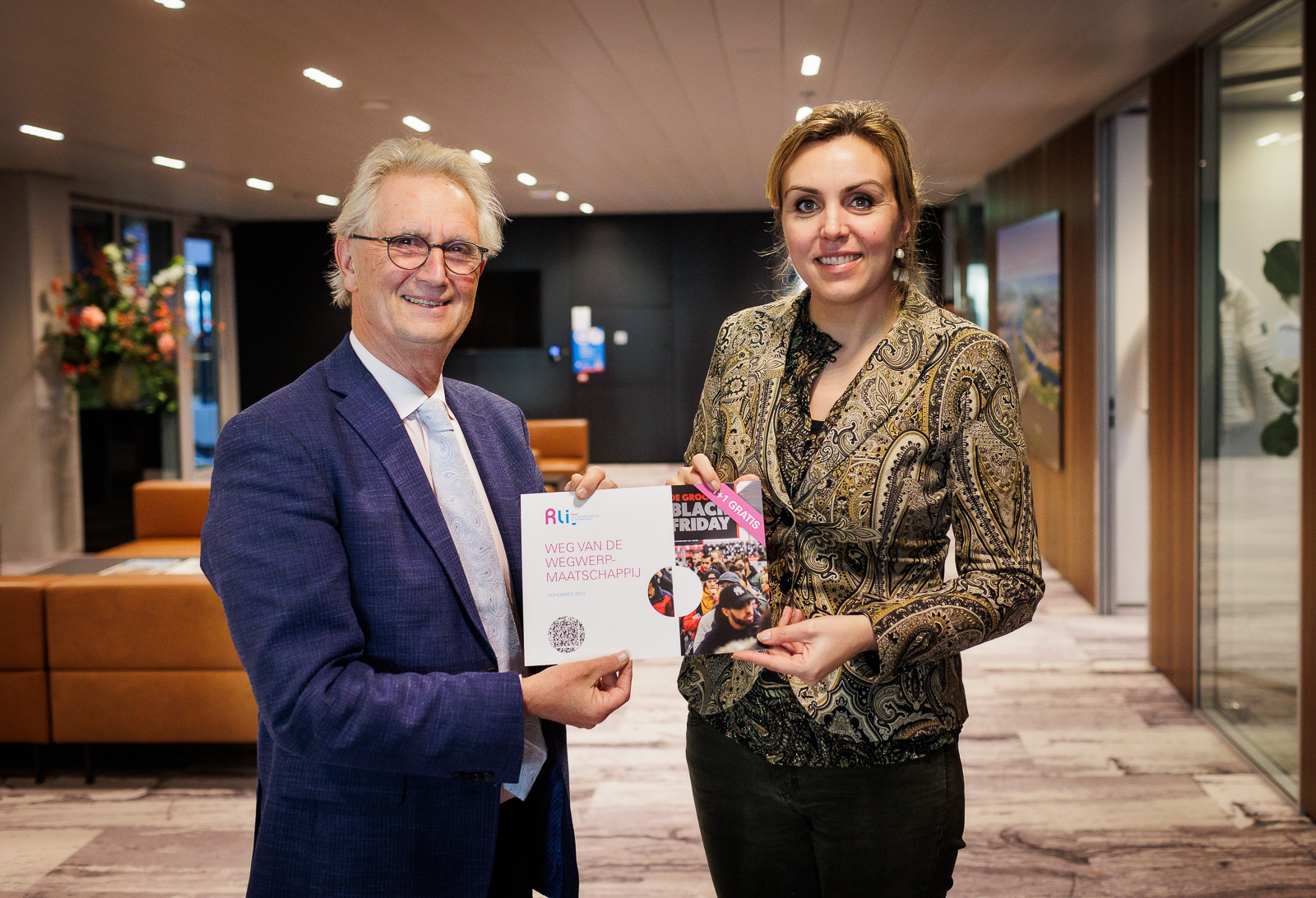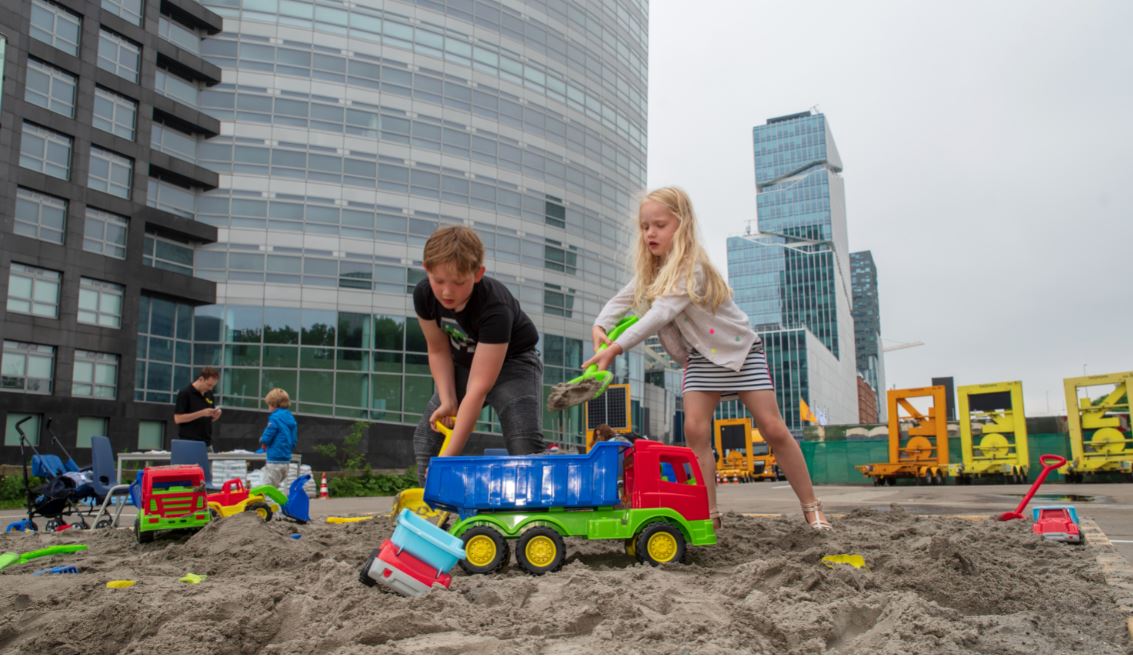Implementation Capacity
Background and request for advice
The Netherlands is facing major challenges in the living environment. Those challenges concern housing, accessibility, water, nature, biodiversity, climate, raw materials, the energy supply, or hazardous substances. For all these challenges the tasks involved are immense and urgent. The term "crisis" is often used. These challenges have sometimes been ongoing for decades. Although progress is being made in a large number of areas, it is often uncertain whether the targets can be achieved in good time. The Dutch government has therefore formulated additional policies in many areas.
There is growing concern both within and beyond government as to whether public authorities and their implementing organisations – together with businesses, civil-society organisations, and the general public – will succeed in implementing all the policy plans. Will we be able to organise enough "implementation capacity" together?
The main question addressed in this advisory report is “How can the government reinforce the implementation capacity needed to put into practice (in good time) the proposed policy for tackling the major challenges within the living environment, and what factors impede or promote this?”
This (unsolicited) advisory report supplements our work programme for 2023-2024.

Action plan
The advisory project comprises three phases.
In the first phase, we focus on ten specific case studies. In ten round tables we discuss with professionals involved in the work of implementation what factors impede or promote policy implementation in practice. This phase produces an overview of aspects that are important for successfully implementing policy on the living environment.
The second phase involves in-depth analysis of five aspects of implementation. Together with experts, we analyse how impeding factors can be eliminated in actual practice, and what best practices are more widely applicable.
In the third phase, the Council sets out its main insights based on the material collected and presents recommendations for how the government can reinforce implementation capacity.
In drawing up this advisory report, the Council is supported by advisors of the BMC consultancy firm. They have taken responsibility for organising round tables and expert meetings during the first two phases, and for writing the case and aspect reports that will appear as a result.
No Council advisory committee was convened for the initial phases of the advisory project.
Timeframe
Publication date: 19 December 2023
Composition of the council committee
Jeanet van Antwerpen, Council member Rli and committee chair
Karin Sluis, Council member Rli
Joris van den Boom, Junior Council member Rli
External committee members:
Evelien van Everdingen, Director at Prolander
Martijn van der Steen, Associate Dean and Deputy-director at NSOB and Professor at Erasmus University Rotterdam
For more information about the advisory report or to comment, please contact the project leader, Tim Zwanikken at, uitvoeringskracht@rli.nl or +31 (0)6 5287 4404.
